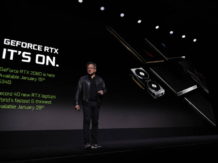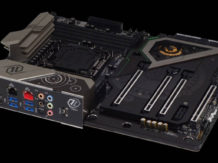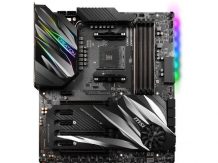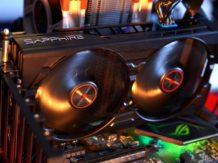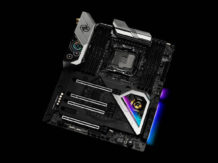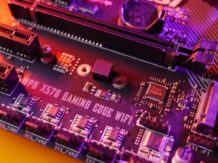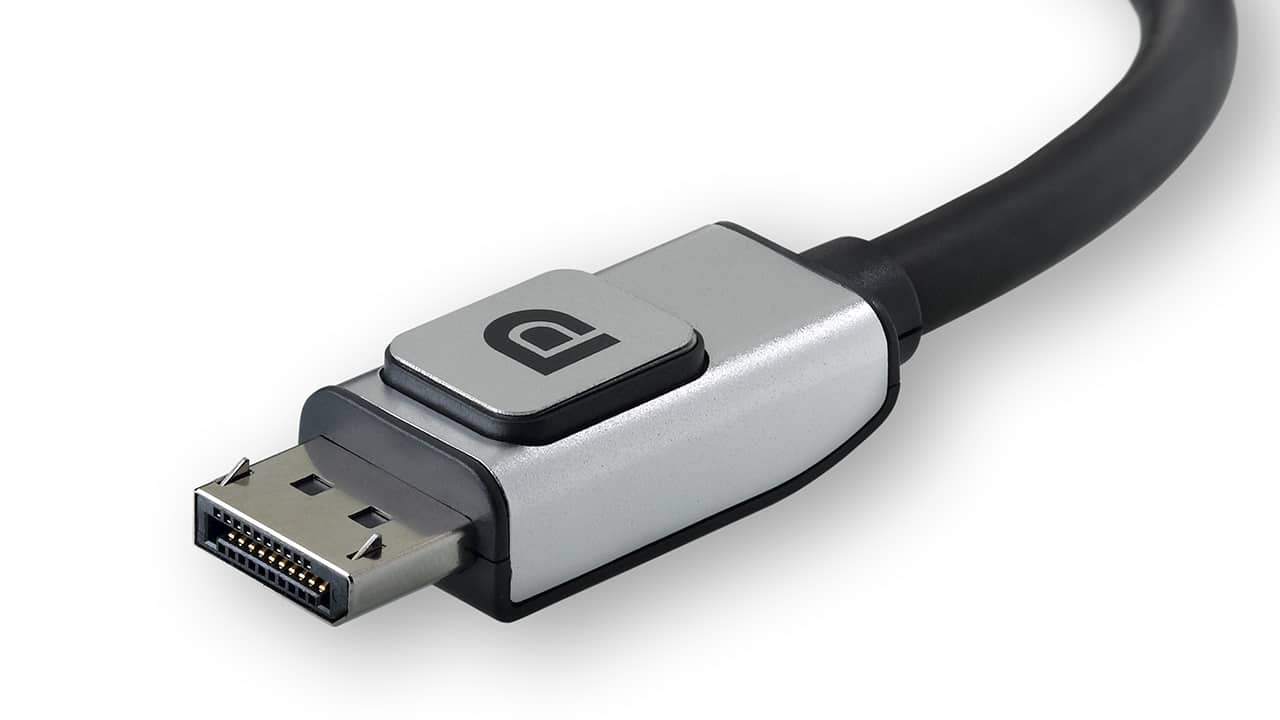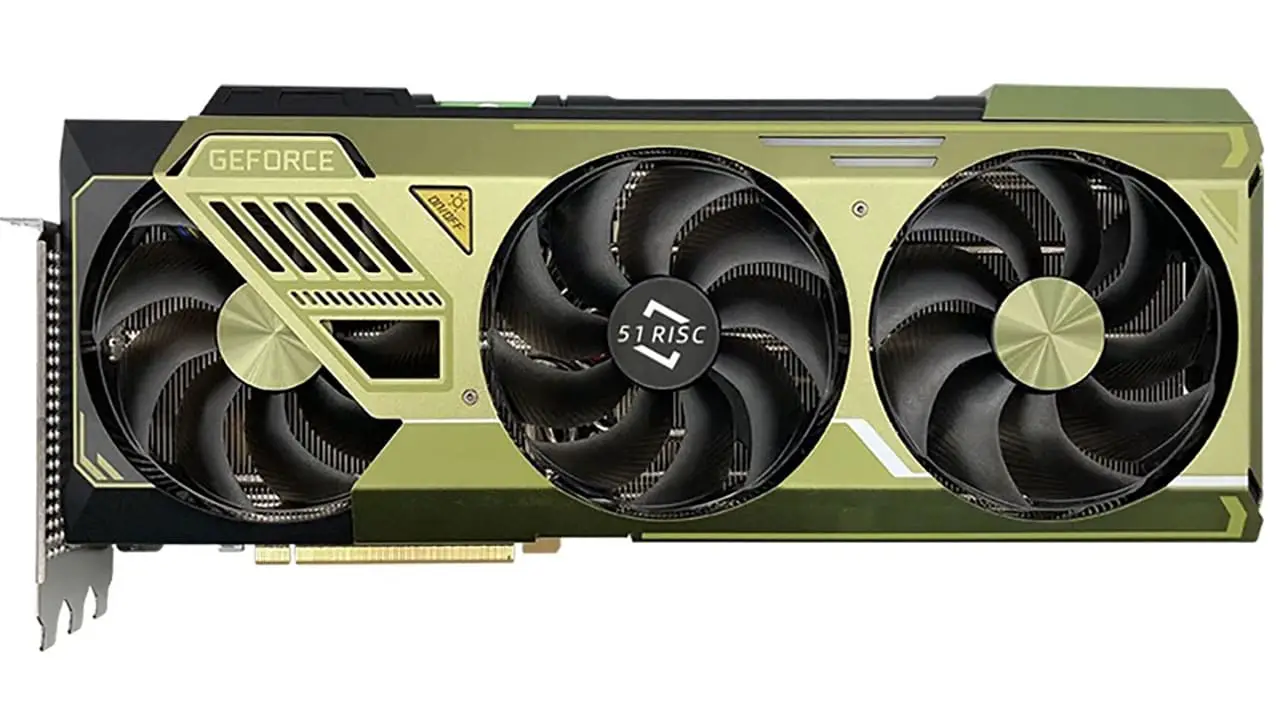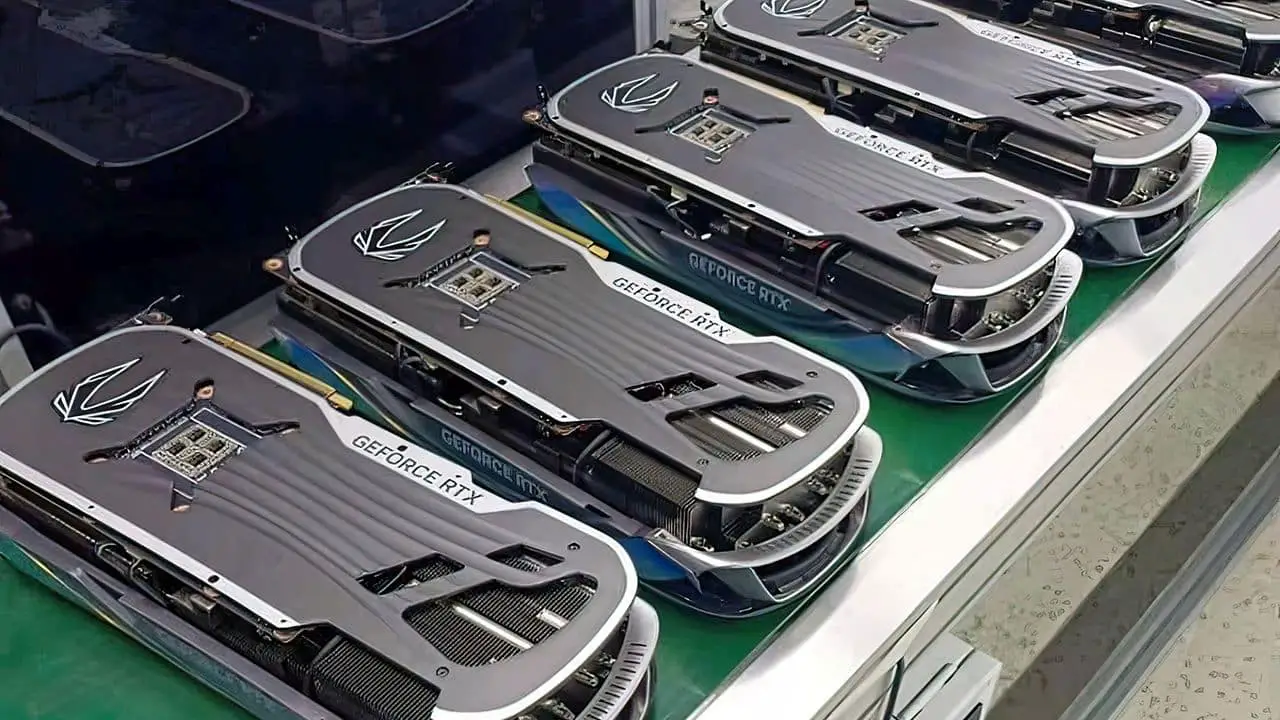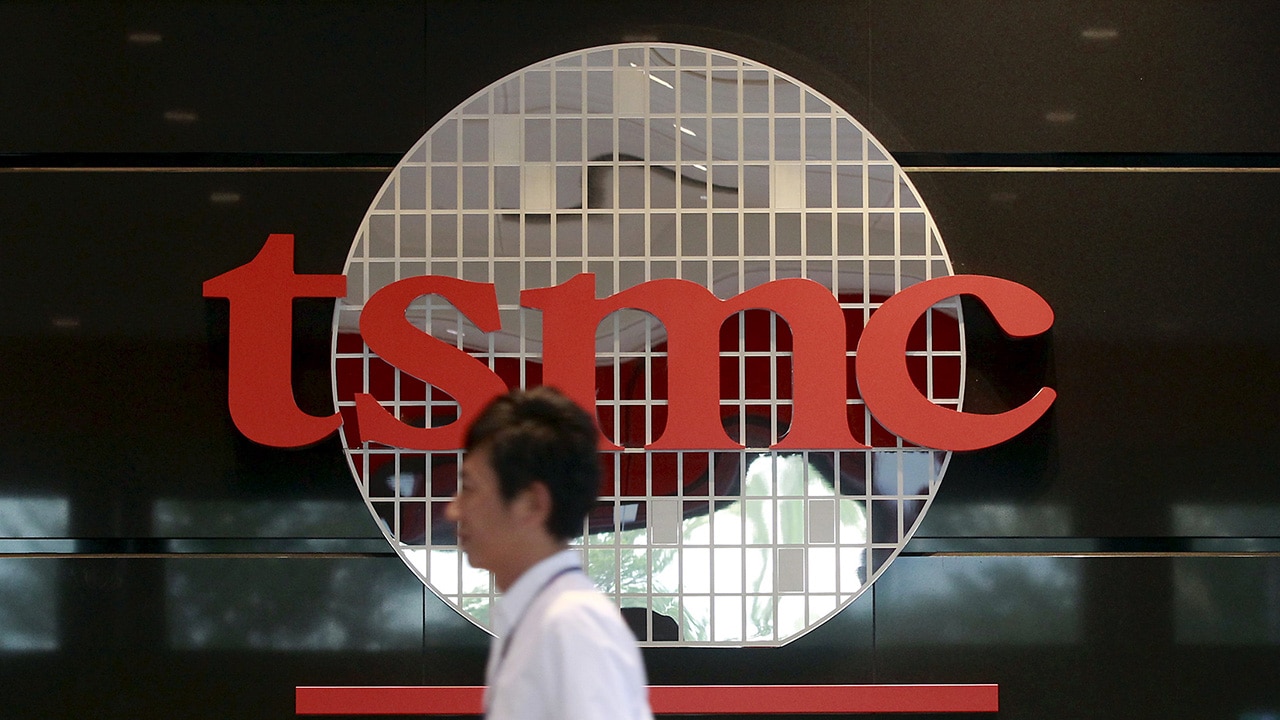Test – Intel Core i9 9900K – 8 cores for the general public
| Specs | Price
Introduction
Hi all!
It’s been almost a year to the day since the Intel Core i7 8700K came out (see our review here), and it’s clear that at the time it arrived in a rush. Indeed, the availabilities were almost zero for months, the Z370 motherboards (like the Asus ROG Maximus X Hero) were only a copy / paste of the old Z270 (with an almost identical chipset) and there is no is just a step to say that these processors were neither more nor less than an answer for AMD with its new Ryzen. Today, Intel therefore offers us the replacements for the 8th generation Core, with a few surprises once again on the nomenclature and the number of cores, thank you AMD for the multiplication of the number of cores which has shaken up a bit (it was about time! ) all of this? 😉
The release of the new processors also comes with a new chipset, the Z390, you can see the test of two motherboards from Asus here!
La gamme Coffee Lake Refresh
As its name suggests, the new Intel processors are in the end only refreshes of the “old” Coffee Lake, themselves derived from Kaby Lake, also derived from Skylake etc. The architecture is therefore not a revolution, so there will be little good in terms of performance at equal frequency (and equal number of cores) compared to previous generations. However, other things are changing, let’s see this.
| Intel Core i5 8600K | Intel Core i5 9600K | Intel Core i7 8700K | Intel Core i7 9700K | Intel Core i9 9900K | |
|---|---|---|---|---|---|
| Base frequency | 3.6 GHz | 3.7 GHz | 3.6 GHz | 3.6 GHz | 3.6 GHz |
| Max turbo frequency | 4.3 GHz | 4.6 GHz | 4.7 GHz | 4.9 GHz | 5 GHz |
| Number of cores / threads | 6 / 6 | 6 / 6 | 6 / 12 | 8 / 8 | 8 / 16 |
| Multiplier coefficient unlocked | Yes | Yes | Yes | Yes | Yes |
| TDP | 95 Watts | 95 Watts | 95 Watts | 95 Watts | 95 Watts |
| Cache | 9 Mo | 9 Mo | 12 Mo | 12 Mo | 16 Mo |
| Memory controller | DDR4 2666 MHz | DDR4 2666 MHz | DDR4 2666 MHz | DDR4 2666 MHz | DDR4 2666 MHz |
| Price | 257 $ | 262 $ | 359 $ | 374 $ | 488 $ |
As we can see here the range is rather upset! Indeed, we have the appearance of a Core i9, until then only reserved for the HEDT platform, like the Core i9 7900X for example. Intel has therefore decided to offer us a Core i9 9900K, equipped with 8 cores with Hyperthreading, i.e. 16 threads, a little monster which is right in front of the Ryzen 7 series from AMD. The Core i7s are still undergoing a change, after having been 4 cores / 8 threads up to 7700K, then 6 cores / 12 threads for the 8700K we now have 8 cores / 8 threads for the 9700K, there is something ‘confuse even for insiders, so we imagine the future confusion of future buyers! The Core i5s are the only processors that do not move compared to the old generation, still with 6 cores / 6 threads in the program, phew, at least a point of comparison!

As for the frequencies, they do not change much compared to the old generation, at least when we are not talking about the Turbo. The Core i5 9600K only gains 100 MHz compared to its predecessor, going from 3.6 GHz to 3.7 GHz, which means that to see a difference you will have to get up early. On the other hand, once in Turbo mode, we gain 300 MHz, to go from 4.3 to 4.6 GHz. Note that Intel from Coffee Lake no longer communicates on the different Turbo frequency levels, we now only know the maximum achievable frequency, often on only one core.
The Core i7 9700K remains at 3.6 GHz base (even if we go from 6 to 8 cores), the maximum Turbo frequency however gains 200 MHz, from 4.7 to 4.9 GHz. The Core i9 9900K meanwhile, the star of the range and the processor of our test is also clocked at 3.6 GHz, for a Turbo frequency of 5 GHz. Intel swaggered during the livestream on this maximum frequency, we can’t blame them even if that’s not everything! Indeed, the frequencies are limited by the maximum TDP of each chip, and with 95 Watts for the whole range the 5 GHz should clearly not happen often, so it is to be taken with a grain of salt. Those who think of playing at this frequency will have to go back, given the little novelty compared to the old generation, the increase in the number of cores and the identical TDP of 95 Watts you will be closer to 4.5 GHz (and more) than to 5 GHz in practice 😉

The recommended prices take a few $ compared to the old models, nothing too serious for the Core i5 and its $ 262 (+ $ 5), it hurts more for the Core i7 with $ 374 (+ $ 15) but the pom pom returns to Core i9 9900K and its $ 488! We’re not even going to talk about the merchant prices right now, which are completely absurd, as Intel is not at fault. On the other hand, at $ 488 the Core i9 9900K will have a hard time competing against a Ryzen 7 2700X from a performance / price point of view, which can be found around € 340.
Backward compatibility with “old” chipsets
[Test] Asus Prime Z390-A & ROG Strix Z390-I Gaming
One thing should not be taken lightly, the motherboard! Intel has, for too many generations now, a tendency to change our socket and therefore motherboard every 4 morning, which forces everyone to change it at the same time as the processor. This is only good for manufacturers who suddenly sell more, for us it’s another story. As we have seen several times in recent months, all motherboards equipped with a 1151v2 socket, so the H310, B360, H370, Z370 chipsets and of course the latest Z390 will be able to accommodate these processors. Of course, only “Z” chipsets allow you to overclock “K” processors, as always 🙂




![[Test] Intel NUC9 Extreme - take your gaming machine everywhere!](https://www.bitcoinminershashrate.com/wp-content/uploads/2021/02/Test-Intel-NUC9-Extreme-take-your-gaming-machine-everywhere.jpg)
